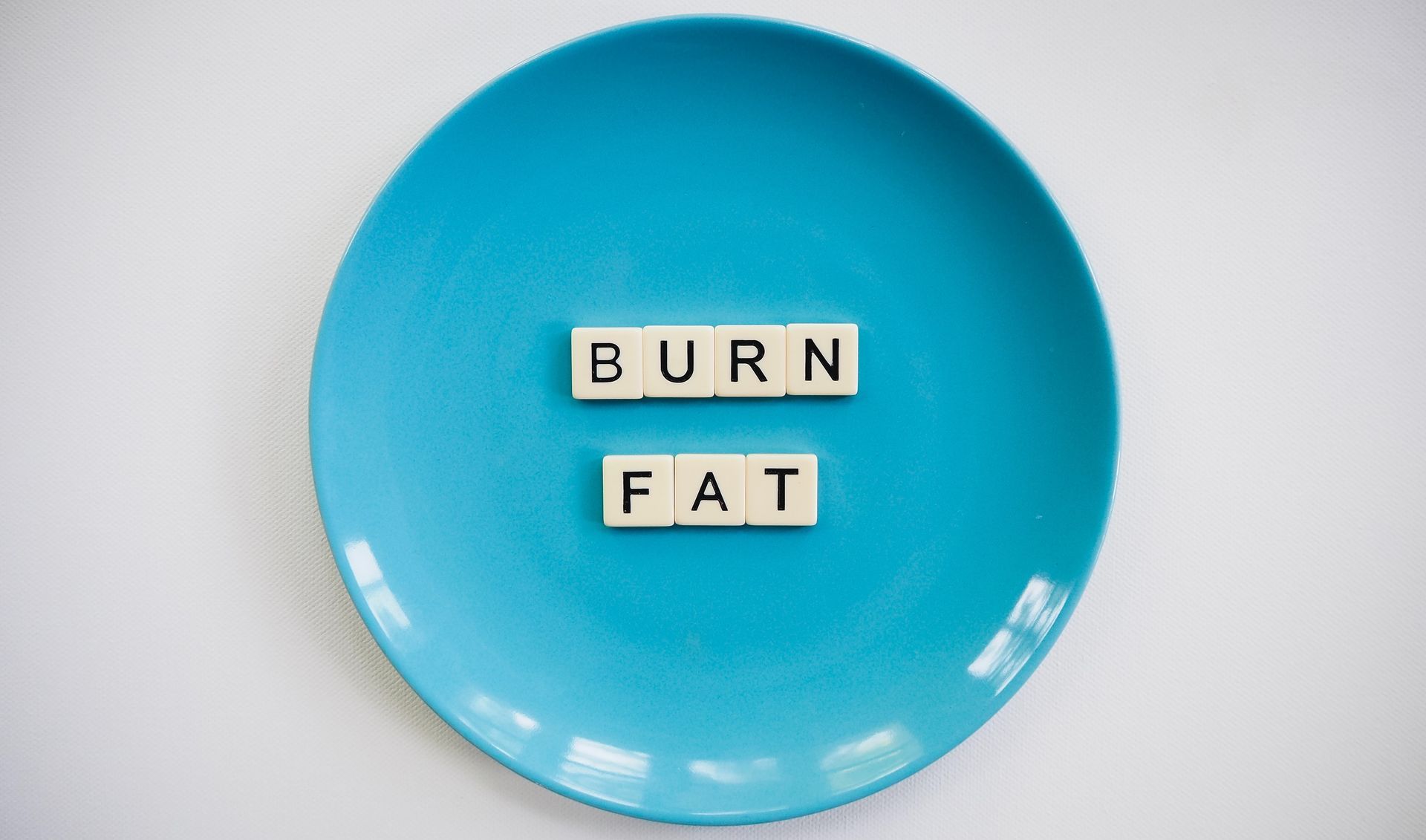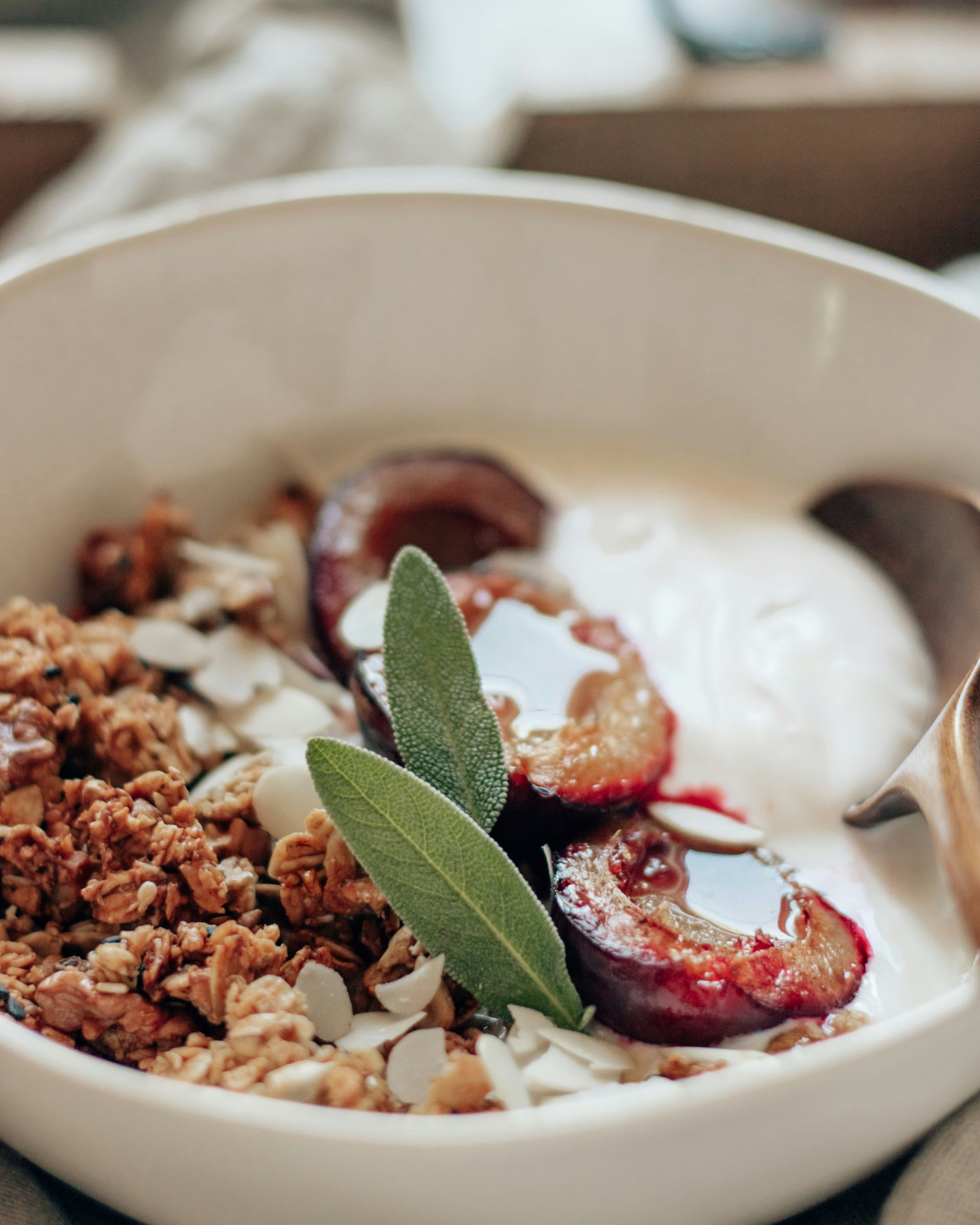
Why Your Caloric Deficit Isn't Working
Its that time of the year [July 2023] summer is here and one of the most common things people talk about is how much cardio they're doing, how much they're restricting their foods and how bad their sleep is.
People tend to drastically increase the number of fat loss strategies they're doing in order to achieve it, such as a caloric deficit, intermittent fasting, low carbohydrates, steady-state cardio, sauna, laying in bed watching TV shows, etc etc, most of the time either all or a combination of a few.
In my head, I tell people that they've started the game too late, ideally if you want to achieve sustainable and realistic fat loss results it should be over a longer period of time, of atleast 12 weeks, but my job is to motivate and encourage people, Ha! so I'll just tell them what they want to hear.
People have an input/output mindset, people tend to think if they eat a certain amount of calories within a range then they'll lose X amount, that's not necessarily true because fat loss doesn't occur linearly as our body is adaptive and tries hard to push against change.
What Happens To Our Body When Trying To Lose Fat Drastically?
When you've been eating in a caloric deficit for a prolonged time, your body will adjust its hormonal level and make the folllowing changes:
- Reduction in Thyroid hormone, which leads to a decrease in metabolic rate.
- Reduction in Leptin, which leads to a decrease in metabolic rate and increased hunger.
- Increases in Ghrelin, which will increase hunger.
- Reduction in insulin, which increases hunger and threatens muscle retention.
- Reduction in testosterone, which threatens muscle retention and reproductive health in men.
- Increases in cortisol, which leads to water retention, blunted leptin activity, and possibly threatens muscle retention.
I began to wonder why people don't achieve their fat loss goals when they work so hard for it. My first theory was that people don't take their nutrition as seriously as their training, my second theory was that people underestimate the time-frame they need to achieve it.
The answer is a combination of the two, as fat loss journeys committed with a 500+kcal/day deficit, or a 2-week 'emergency cut' with 5 hours of cardio per week, your body drastically responds with those aforementioned changes, making it increasingly harder for you to reach your goals.
The Truth and The Solution
I hate to break it to people, but your favourite influencer, actor or that guy you follow on Instagram with his amazing transformation, was probably done with performance or physique enhancing drugs. That's what these online coaches do. I have known coaches to take a well-trained individual as a client, put them on a low-kcal diet for a few weeks, give them a drop-set laden cookie cutter weight training plan, and supply fat loss steroids to offset the natural process of non-linear fat loss, and then promote that transformation as if its all their hard work.
Its fake, fake fake. The said 'client' will immedietely revert back to his or hers original shape when off the unsustainable diet and drugs
I would advise people to be more patient, if you want to look a certain way for summer then begin that journey by January. That gives you a five month window for sustainable gains, slow and steady wins the race!
Take frequent breaks from your diet, if you've been on a 500kcal daily deficit for 3-4 weeks, take 1 week to eat in a small surplus so your hormones can re-regulate and you can restore your metabolic function.
Remember, reductions in calories should only come from carbohydrates and fats, protein should remain stable as it is a keystone to muscle protein synthesis. Fat loss can improve your health, but prolonged periods of caloric restriction can have harmful metabolic and hormonal implications.
#personaltrainer #fitness #coach #health #workout #ruislip #harrow #london #coach

Start Today!
Ready to transform your fitness journey? Take the first step towards achieving your goals with personal training!
My take on Health and Fitness



